APUSH Unit 2 Key Terms
1/88
Earn XP
Description and Tags
Name | Mastery | Learn | Test | Matching | Spaced | Call with Kai |
|---|
No study sessions yet.
89 Terms
John Cabot
An Italian navigator hired by England to explore the Americas. This ultimately led him to the Atlantic Coast, which would eventually become the location of England's thirteen colonies.
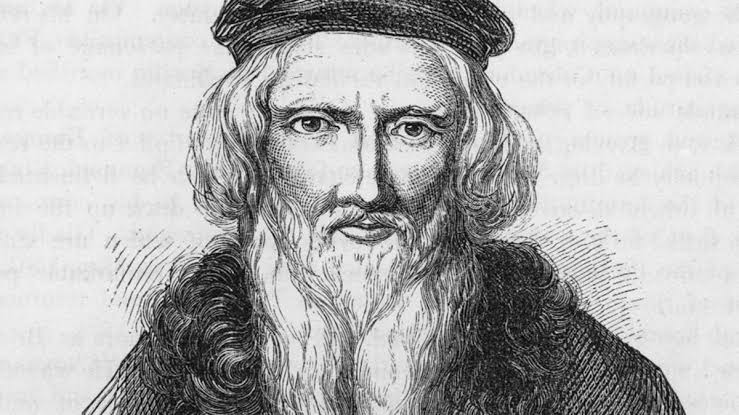
Jamestown
The first primary English settlement was founded in 1607 by the Virginia Company.
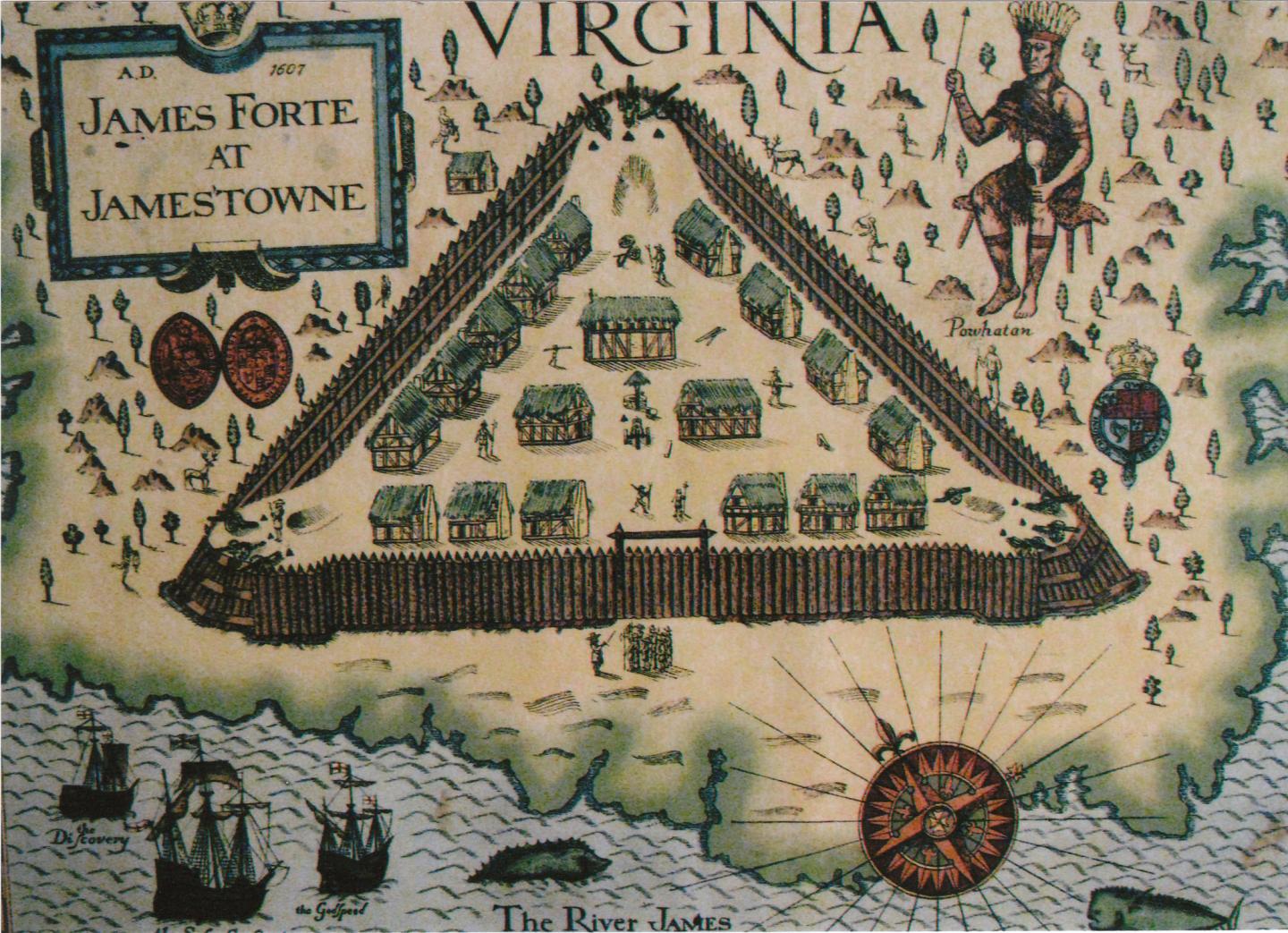
Captain John Smith
Famous English explorer famous for being one of the first founders of Jamestown. He was part of the Virginia Company and helped the unprepared colonists survive starvation.
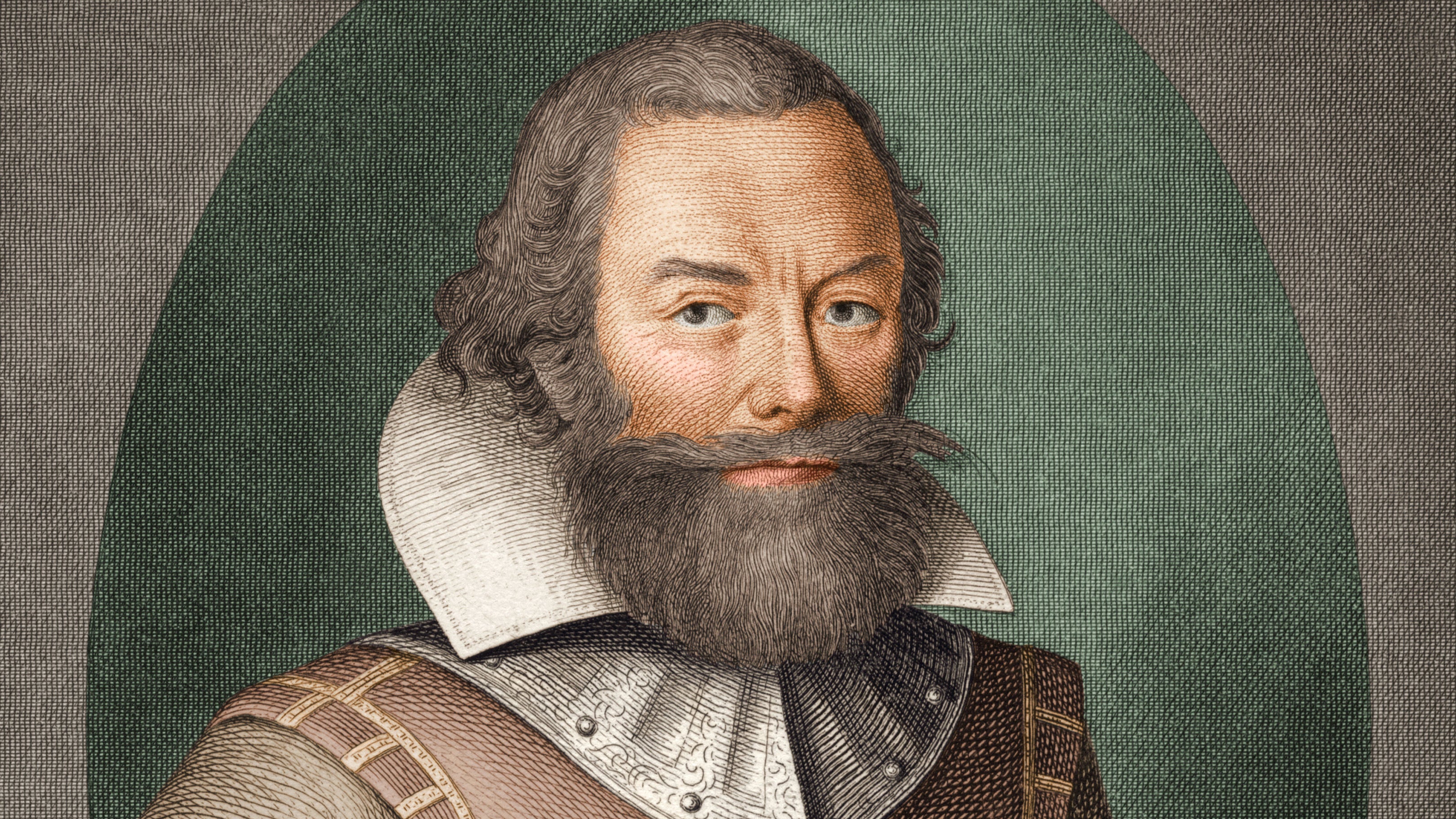
John Rolfe
Farmer who married Pocahontas and introduced tobacco into Jamestown in 1611.
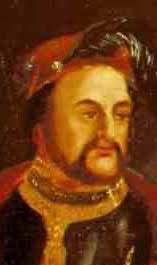
Pocahontas
High-ranking Indian tribal member. She fell in love with a farmer named John Rolfe and later baptized under the name Rebecca.
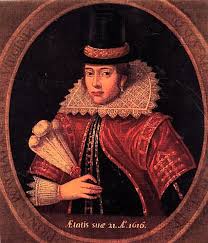
Plymouth Colony
A Colony filled with people escaping religious persecution. Established in 1620, Plymouth was one of the earliest English colonies. Founded locations for education for men, such ad Harvard and Yale.
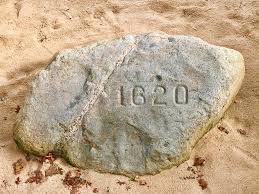
Separatists
People who wanted a completely independent church free from royal control.
Pilgrims
People who migrated to different areas to escape religious persecution and established Plymouth Colony in 1620.
Mayflower
A ship that held pilgrims who went to Massachusetts.
Massachusetts Bay Colony
Founded by John Winthrop in 1629, religious freedom was only for Puritans, and only land-owning church members could participate in politics. It became a leading center of commerce and trade in the New World.
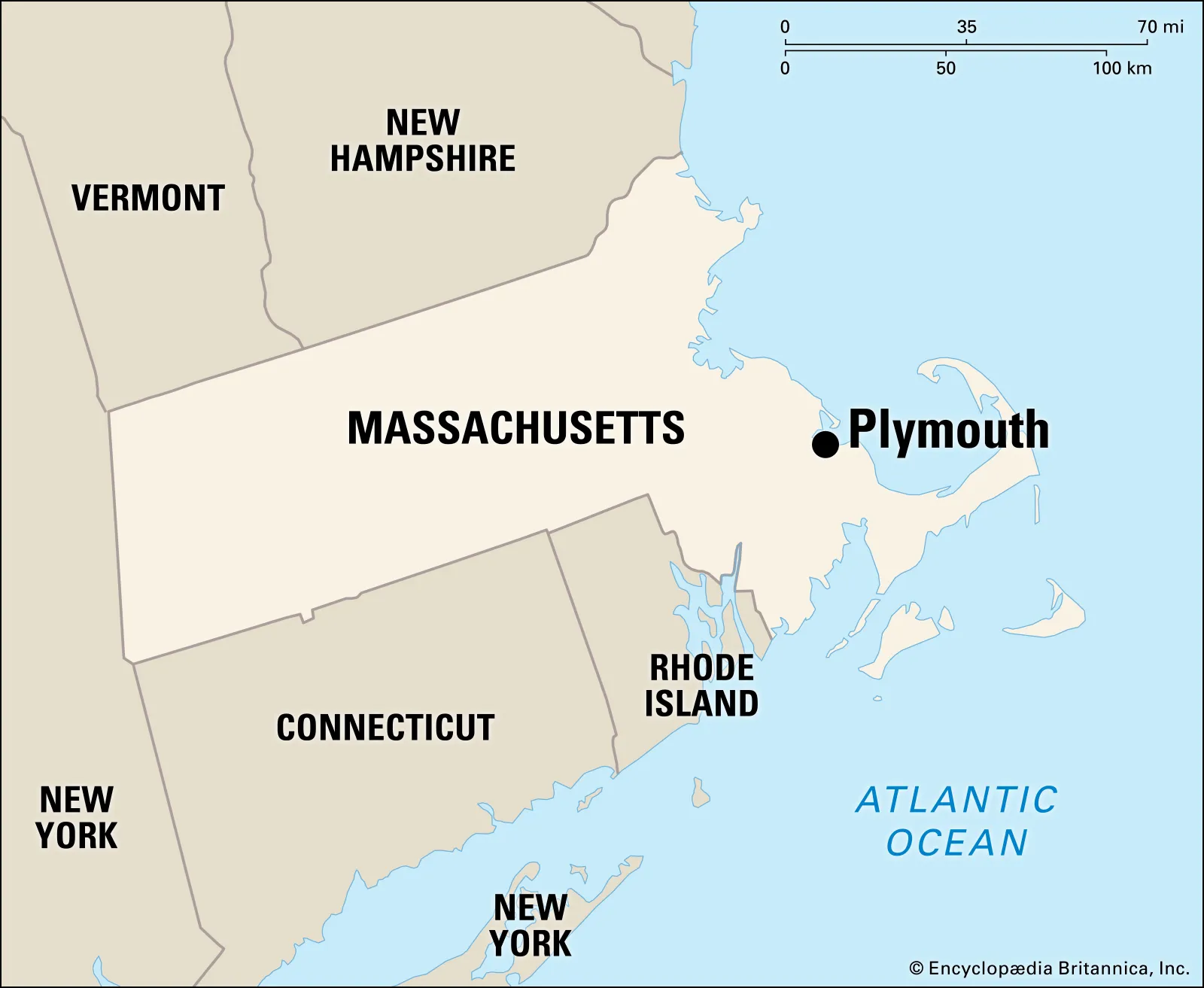
Puritans
People who believed the church of England needed to purify from any remnants of Catholicism.
John Winthrop
A Puritan leader who founded the Massachusetts Bay Colony. Goal for Plymouth was to be a “City Upon A Hill”
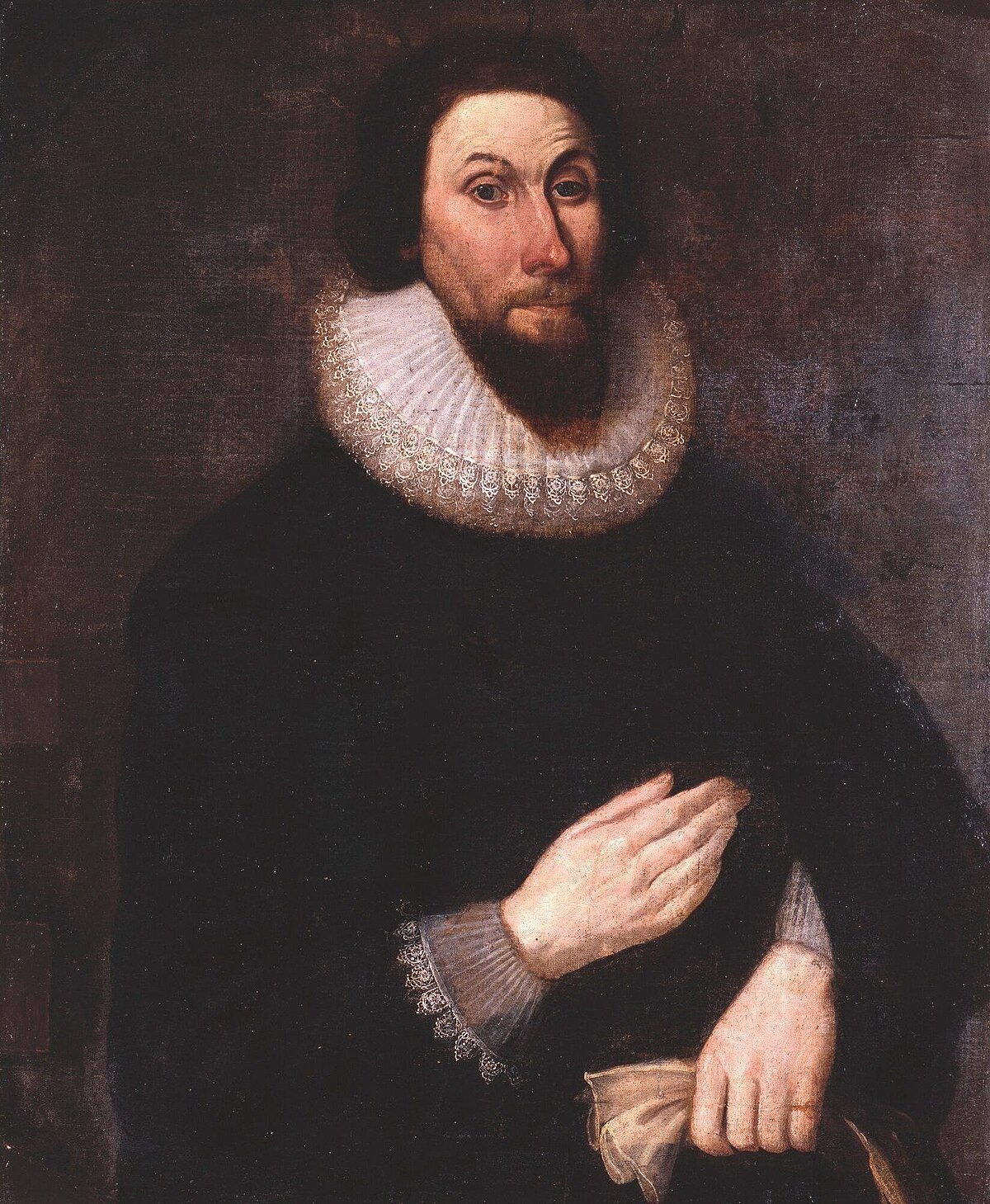
Great Migration
Migration of Puritans from England down to the Massachusetts Bay Colony.
Thomas Hooker
Founder of Connecticut created the Hanforth settlement and helped write the Fundamental Orders of Connecticut.
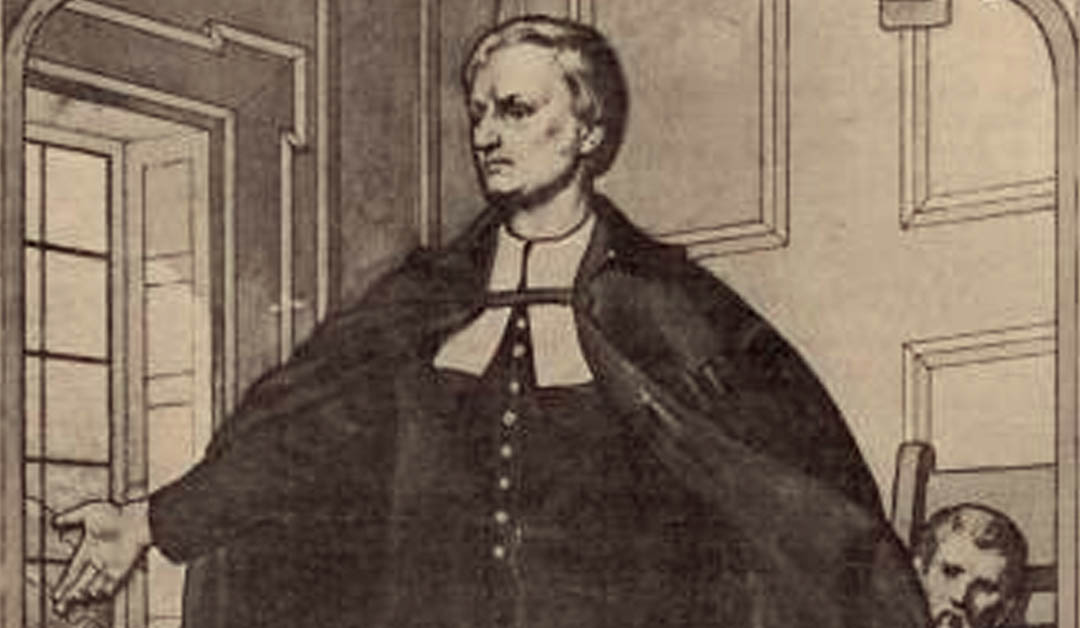
John Davenport
Minister who founded New Haven in 1637
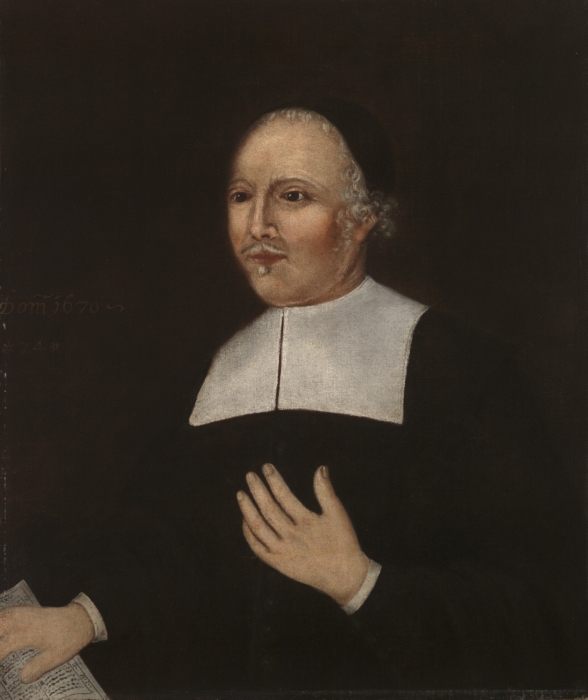
Connecticut
Thomas Hooker founded Connecticut in 1636, considered to have the first written constitution in American colonies.
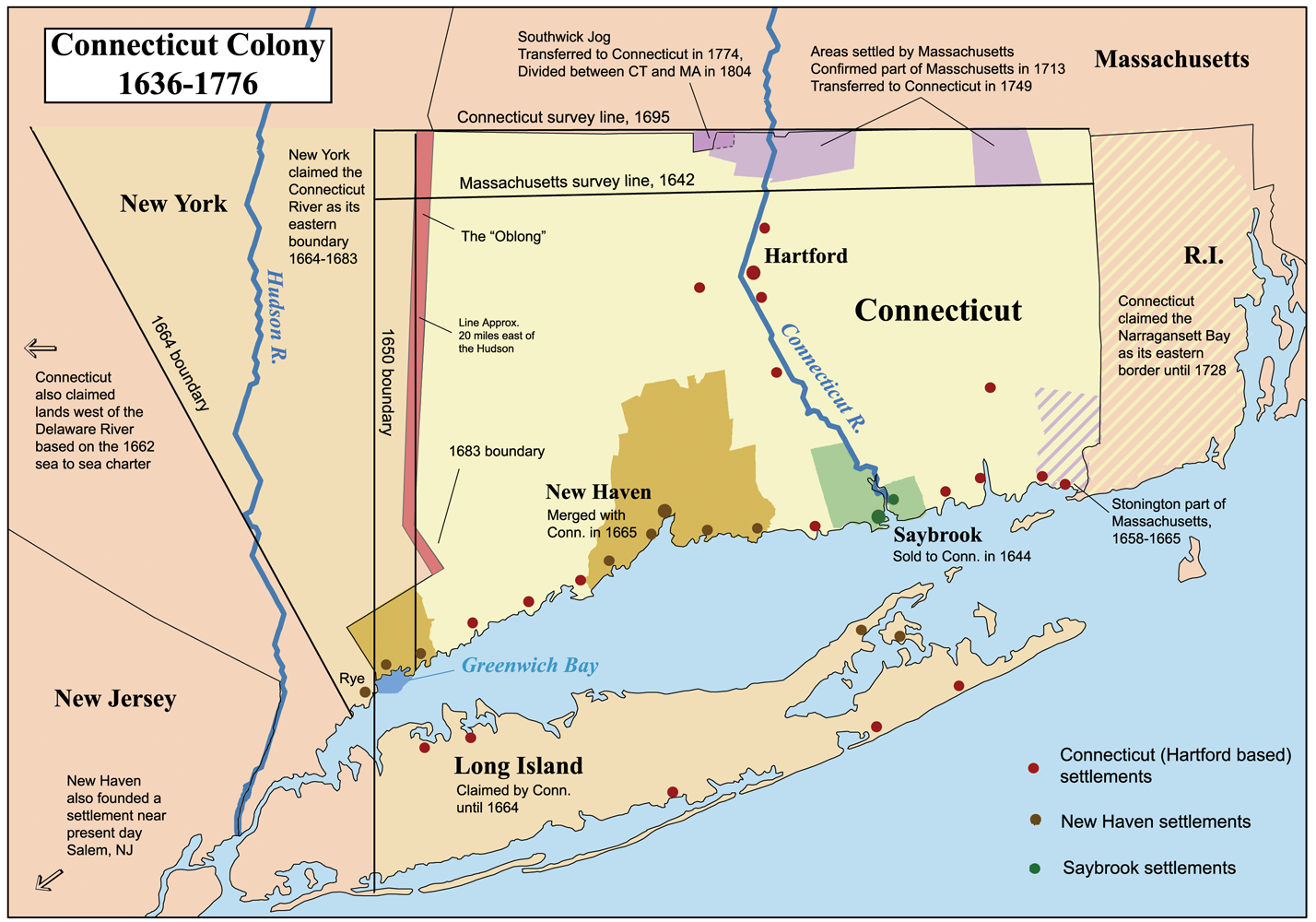
New Hampshire
The last colony to be founded became a royal colony under an appointed governor's rule.
New York
Used to belong to the Dutch, who were incredibly diverse and religiously tolerant at the time.
New Jersey
Used to belong to the Dutch, who were incredibly diverse and religiously tolerant at the time.
Pennsylvania
Founded by William Penn in 1681 and home to the Quakers.
Delaware
Founded by William Penn in 1638. Delaware had a close relationship with Pennsylvania and was the only middle colony able to grow tobacco.
Georgia
The thirteenth colony that received direct financial support from the government. It was founded by James Oglethorpe.
James Oglethorpe
He founded Savannah in 1733 and became the colonies' first governor.
Joint Stock Companies
Method used by European powers to fund risky ventures. They consist of investors who pool resources to fund an enterprise and, if everything goes successfully, share profits.
Corporate Colonies
Colonies in which joint-stock companies operated.
Royal Colonies
Colonies that were ruled directly by the king’s government.
Proprietary Colonies
Colonies where the authority was held by individuals who received charters of ownership from the king.
Virginia Company
A joint-stock company that founded Jamestown and ruled over it for some time.
Chesapeake Colonies
Colonies located at Chesapeake Bay.
Sir William Berkeley
The royal governor of Virginia (1641-1652; 1660-1677), supported large planters and antagonized small planters that he failed to protect from American Indians.
Bacon’s Rebellion
A rebellion by Nathaniel Bacon against Berkeley’s government. He raised a volunteer army and committed multiple massacres against American Indians. He burned down Jamestown and soon afterward died of dysentery. When he died, the army quickly fell into disarray, and Berkeley was able to suppress the rebellion and execute 23 rebels.
New England Confederation
A joint military coalition between the colonies of Plymouth, Massachusetts Bay, Connecticut, and New Haven. This confederation was directed by a board of two representatives from each colony. The confederation lasted until 1684, when renewed control by the British monarch brought this colonial corporation to an end.
Cecil Calvert, Lord Baltimore
The Second Lord Baltimore, he would implement his father's plans for the act of toleration.
Act of Toleration
Gave religious freedom to all Christians in Maryland, done for Catholics who were outnumbered by Protestants.
Roger Williams
Questioned Puritan leadership in the Massachusetts Bay colonies. Later, he would find Rhode Island and one of the first Baptist churches.
Anne Hutchinson
dissenter who questioned Puritan leadership in Mass Bay colonies. She believed in antinomianism.
Antinomianism
The belief that people receive salvation through their faith alone.
Rhode Island
Dissenters of Puritism were banished from other colonies and together founded Rhode Island.
Halfway Covenant
Created to help keep Puritan church memberships high. Because to get a full membership, people had to have a conversion, which was not happening with the Native-born population.
Quakers
The “Religious Society of Friends,” more commonly known as Quakers, were radical religious thinkers who believed that religious authority was found in each person.
William Penn
Father William Penn founded Pennsylvania, and his son, William Penn, helped found the Quakers.
Holy Experiment
The term refers to Pennsylvania, which was led by Quakers, a very liberal religious group of the time.
Charters of Liberty
Created in 1701 by William Penn, it was made to give all people in Pennsylvania freedom of worship and unrestricted immigration.
Religious Toleration
All the colonies permitted the practice of different religions. Massachusetts was the strictest, only allowing certain types of Protestants, and Rhode Island and Pennsylvania were the most open, accepting anyone who believed in god.
Established Church
A church recognized by a colony that usually taxed people to support them.
Great Awakening
A movement of fervent expressions of religious feeling among the masses.
Jonathan Edwards
A very well-known Reverend and leader of the Great Awakening, Edwards created “Sinners in the hands of an angry god.”
George Whitefield
George Whitefield spread the Great Awakening throughout the colonies, bringing masses of up to 10,000 people. Taught colonists that ordinary people with faith and sincerity could understand the gospels with ministers.
Sectarian
A member of a group with a particular set of interests.
Nonsectarian
not involving or relating to a specific religious sect or political group.
Fundamental Orders of Connecticut
The first written constitution in American history that established a representative government with legislation elected by popular vote (needed land and church membership).
Frame of Government
Created by William Penn to help guarantee a representative assembly elected by landowners in Pennsylvania.
Virginian House of Burgesses
The first representative assembly in the American colonies.
Mayflower Compact
The earliest form of self-government in the colonies.
Triangular Trade
Term keyed based on the way merchant ships regularly followed a triangular path.
Mercantilism
An economic theory that a country's wealth is determined by how much more it exports rather than imports.
Navigation Acts
Acts implemented by England’s government to the colonies to uphold mercantilism economics.
Dominion of New England
Combining colonies and doing away with representative assemblies. This was done by James II to have greater control over the colonies.
Sir Edmund Andros
The new unpopular governor of the Dominion of New England.
Glorious Revolution
An uprising in 1688 that brought out James ll and replaced him with William and Mary
Wampanoag
A Native American tribe led by Metacom (King Philip) who were mad at the English settlers encroaching on their land.
Metacom
The leader of the Wampanoag, known as King Philip by the colonists. He united many tribes to fight against the colonists.
King Philip’s War
A war against the Wampanoag tribe and its allies and the colonists and their allies. This war resulted in multiple villages burning down and thousands being injured. Eventually, the colonists won the war by killing Metacom.
Indentured servants
Indentured servants are people contracted to work for some years in the colonies for a paid voyage and land gain in the colonies when their contract ends.
Headright system
Offered 50 acres of land to each immigrant who paid for their passage, and to any plantation owner who paid for an immigrant's passage.
Slavery
The condition where a human being is owned by another human being and is forced to do manual labor.
Middle Passage
The passage of African slaves from Africa through the Atlantic Ocean to the colonies.
Benjamin West
American artist who moved to England and became a prominent figure.
John Copley
American artist who moved to England and became a prominent figure.
Benjamin Franklin
Franklin created many works examining the conflict between American rights and the English Authority. Became one of the founding fathers of America and played a key part in the Revolutionary War and the creation of the Declaration of Independence and the Constitution.
Poor Richard’s Almanac
A best-selling book with Benjamin Franklin’s witty aphorisms and advice.
Philis Wheatly
Born in West Africa and enslaved in Virginia, published her poems in 1773 and was later freed.
John Bartram
Self-taught botanist of Philadelphia.
Ministry
People of the cloth, well respected by colonists
Physicians
Treated ill with the little knowledge they had (which was usually wrong).
Lawyers
Gained respect for the colonists for fighting for the American Revolution.
Subsistence Farming
Farmers grow crops on smallholdings to meet the needs of themselves and their families.
Germans
Most German immigrants settled in farms west of Philadelphia that became known as Pennsylvania Dutch country. They maintained their language, culture, and religions (Lutherans, Amish, Brethren, or Mennonites), comprising around 6% of the colonial population.
Scotch-Irish
Protestant English-speaking people who came from northern Ireland. Their ancestors were persuaded by the British to move to Ireland from Scotland, so many Scotch-Irish had little respect for the British. They made up 7% of the colonial population.
Huguenots
French Protestants combined with the Dutch and Sweeds were 5% of the colonial population.
Dutch
People from the Netherlands combined with Huguenots and Sweds were 5% of the colonial population.
Swedes
People from Sweden combined with Dutch and Huguenots were 5% of the colonial population.
Africans
Taken captive from their home country to the colonies, they were primarily used as field laborers in plantations. Most lived in the southern colonies and together made up 20% of the colonial population. Some Africans were free but were heavily discriminated against based on colonial laws.
Immigrants
Immigrants to the colonies not only consisted of people from England, Scotland, Wales, and Ireland but also many from central Europe, from the Kingdom of France, and various German-speaking states. Many were Protestants fleeing religious prosecution and hoping for a better life in the colonies.
Social Mobility
The ability of residents in the colonies to improve their standards of living with hard work.
Hereditary Aristocracy
Unlike many countries in Europe, hereditary aristocracy wasn’t a thing, meaning there wasn’t a ruling class. This led to a narrower class system with fewer extremes on both sides.
John Peter Zenger
New York publisher who said bad things about the governor. He was put in a trial and won with the help of Andrew Hamilton.
Andrew Hamilton
Helped John Peter Zenger win his cause and fought for freedom of the press.
Enlight
Believed that the recent past was a dark era and they needed to look for the “light.”